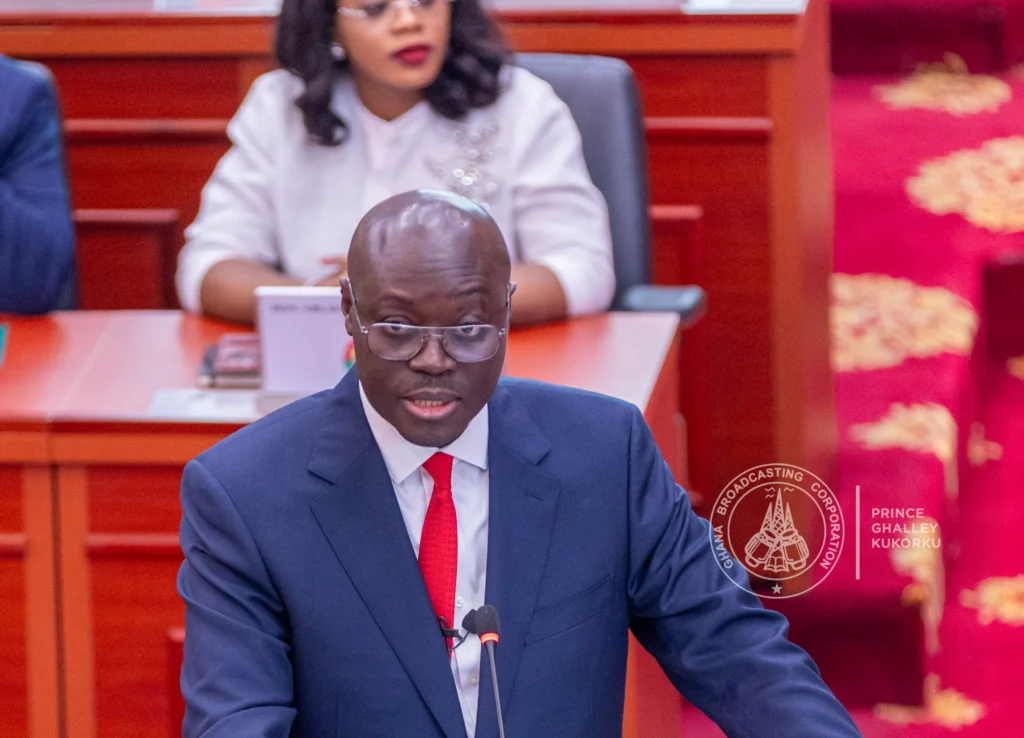The government of Ghana, through the Finance Minster, Dr Cassel Ato-Forson has announced the abolishment of the Covid-19 tax introduced by the else Akufo-Addo government during the heat of the global pandemic
He announced this during the presentation of the 2026 Budget Statement and Economic Policy in Parliament adding that the scraping of the levy brings significant and immediate boost to the private sector and household budgets hitherto burdened consumers and businesses since its introduction.
The government’s choice to eliminate the levy is clearly presented as a strong stimulus action.
While addressing Parliament, the minister affirmed the immediate financial effect of this reform: “Mr. Speaker, by removing the COVID-19 levy, the Government is putting GH₵3.7 billion into the hands of individuals and businesses in 2026 alone.”
This significant infusion of GH₵3.7 billion back into the economy aims to boost household disposable income and lower business operating costs, thus aiding job preservation and market liquidity.
The removal of the COVID-19 Levy is part of a comprehensive set of new VAT reforms intended to streamline the tax system and lessen the overall burden. Collectively, these reforms are projected to offer a financial advantage of GH₵5.7 billion to the private sector and consumers.
“Mr. Speaker, altogether, the VAT reforms are expected to return GH₵5.7 billion to businesses and households.”
The key reforms highlighted by the Minister include, Abolishment of the COVID-19 Health Recovery Levy: Returns GH₵3.7 billion to the economy.
Input Tax Deductions on Levies
The government will eliminate the separation of the GETFund and NHIL levies from the VAT tax base, enabling businesses to claim input tax deductions on both levies.
This is anticipated to lead to a notable decrease in operating costs, “Mr. Speaker, these reforms will also lower the cost of doing business by 5 percent due to the inclusion of the GETFund and NHIL levies in input-output deductibility.”
Reduced Effective VAT Rate
The overall effective VAT rate will drop from 21.9% to 20%, offering a slight but significant reduction in the cost of goods and services.
Raised Registration Threshold
The VAT registration threshold will be significantly raised from GH¢200,000 to GH¢750,000. This massive increase aims to formalize and bring financial relief to thousands of small and medium-sized enterprises (SMEs).
Targeted Industry Relief
The government will abolish VAT on reconnaissance and prospecting of minerals, encouraging investment in the upstream resource sector. Furthermore, the VAT zero-rating on the supply of locally manufactured textiles will be extended to 2028, ensuring continued protection and growth for the domestic textile industry.
The comprehensive VAT package marks a definitive attempt to stimulate growth and ease the economic pressures felt by Ghanaians following years of fiscal consolidation.


